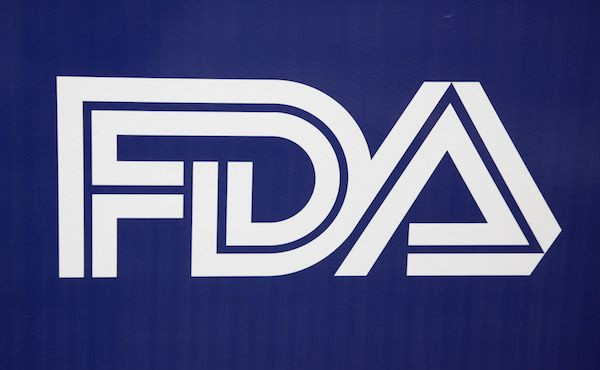COVID-19 Product Scams on FDA's Radar

Pomegranate Consulting, LLC, started selling an at-home “COVID Test Package” in Spring 2020.
According to its advertising,
“COVID-19 Home Testing . . . Whether you are currently ill and wondering, or you were ill but recovered, or suspect you have been exposed to someone who is sick, this FDA-registered test can put your mind at ease instantly, in the comfort of your own home.”
The only problem, according to the FDA, was that Denver-based Pomegranate Consulting was not being truthful in its advertising. The maker of the home testing kit, a Georgia-based firm, had notified the FDA that it had developed and validated this test. When the agency deemed the product should no longer be used, the manufacturer removed the kit from sale and distribution, according to the FDA website. That was in July; the FDA notified Pomegranate soon after, and again on Sept.15.
In an interview with Medical Daily, a senior staff member of Pomegranate, who requested anonymity, said that when Pomegranate learned of the rapid finger-prick COVID-19 test, the company felt the test would benefit their clients in the naturopathic clinic.
Yet soon after the product’s release, the company was met with a warning letter from the FDA, explaining how its product was falsely advertised, not credible and not FDA approved.
Pomegranate is just one of many companies that the FDA has been monitoring that claim their products prevent or treat COVID-19, but do not meet FDA regulations.
Since the pandemic started in March, the agency has issued 120 COVID-19-related warning letters, an FDA spokesperson told Medical Daily.
A press release from the FDA said the agency, along with the Federal Trade Commission, had recently issued warning letters to companies selling essential oils, teas, tinctures and more.
The FDA sends warning letters when companies violate regulations, misrepresent its product’s intent, or spread misinformation regarding health and safety. The warning letters are meant to help consumers recognize false advertising.
According to the warning letter for this kit, the FDA wrote that the company sent out test packages without any agency approvals or clearances. The company also was accused of misbranding because it did not inform the FDA of its plans to sell the product. The FDA frowns upon at-home COVID tests for a few reasons, least of which is the test taker’s ability to administer the test properly.
The Pomegranate executive said once it received the FDA’s letter, the product was removed from commercial distribution.
Warning letters state that the companies must correct the problem, and provide directions and a timeframe for correction of the issues. The FDA will then check to ensure that the corrections are adequate, the FDA spokesperson said.
As for consumers, the FDA advises that to protect themselves from false advertising regarding COVID-19, they should avoid products with claims of treating a wide range of diseases, which include in the advertising personal testimonials as substitutions for scientific evidence, or tout “quick fixes” for the global pandemic.
Lara Becker is a Medical Daily intern and a senior at The College of New Jersey studying Journalism/ Professional Writing and Communication Studies.
Published by Medicaldaily.com



























